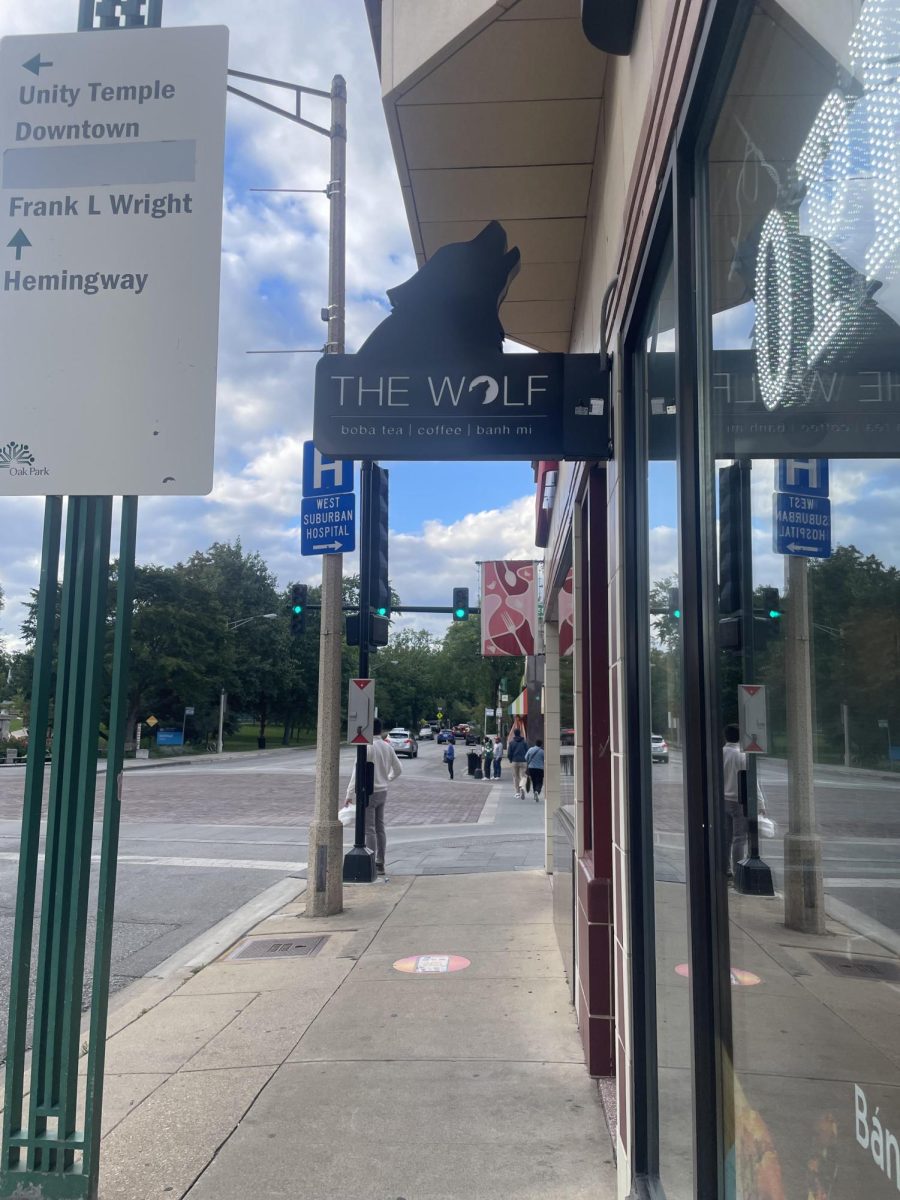On March 14, the Chicago Bulls hosted the Los Angeles Clippers for a regular season NBA game. The Clippers hardly missed, with Paul George and Kawhi Leonard both crossing the 30 point mark. I was at that game, and as a Bulls fan, nothing bothers me more than watching my team continue to be mediocre for going on 30 years. However, at this particular game, I found myself leaving the stadium confused and upset for reasons completely separate from basketball.
For this game, the United Center had what they called the “FanDuel Bet Night.” FanDuel is a sports betting website where you can bet on what you think the outcome of the game will be. During the game, they would put fake betting examples on the screen like, “Will the Bulls score a 3-pointer this quarter?” This carried on all night, and those who scanned a QR code were offered five dollars in free bets.
Recently, online sportsbooks have exploded in popularity. Revenue from sports gambling has increased exponentially, with countless options for you to sink your money into. Americans bet $119.84 billion on sports in 2023, an industry record. That’s up 27.5% from 2022, according to the American Gaming Association.
Gambling, although dangerous, is OK in moderation for adults. We don’t allow teens to drink, smoke or gamble because they all build dangerous and addictive habits. For sports fans, throwing a few dollars into a bet can make an ordinary game more fun.
The issue is that many of the new gamblers in the internet era aren’t adults. Having a parent sign you in or lie about your age makes it easier for teenagers to access sports gambling before they have the decision-making ability to moderate or understand the consequences of their actions.
The prefrontal cortex, the part of the brain that uses critical thinking and decision making, doesn’t fully develop until age 25. So it’s not surprising that teens have a hard time saying no to betting. According to a study by the National Council on Problem Gambling, 60% to 80% of high school students have gambled for money in the last year, and 4 to 6% of high school students are gambling addicts.
That’s why it was so frustrating to see FanDuel advertising to a packed stadium. Going to a game is supposed to be an inclusive experience. Families can take the kids just the same as diehards can slam beers and yell at referees. To see the night taken over with a constant ad that promotes something that is dangerous and illegal to many of the fans is really disappointing. We would never let Marlboro or Budweiser sponsor a Bulls game, so why FanDuel?
The answer lies in the fact that sports betting has been normalized in America, specifically for teenage boys. As an 18-year-old male, all my male friends and coworkers place bets on sports. We talk about our “lays” (combinations of bets) and share who we think is going to win us money. We have numerous apps so that we can cross-reference what app gives us the best odds any given day. Most of us place bets daily, and would find sports boring if we didn’t have a few dollars at stake.
One of my best friends, who did not give me permission to share his name, turned a dollar into $180 recently. However, he won it on an app called Fliff, which is a lesser-known service that roped us in by offering us a free dollar in bets every day. They were quite literally offering free money, so of course we all signed up. Unfortunately, when my friend went to transfer his money to his bank account, he put in all his personal information and was told that his money couldn’t be “processed” and that he was out of luck. So not only did the app successfully target all of us, but they took our information and then refused to pay out when we won.
Even though these sites are predatory, dishonest and look sketchy, thousands of people are being turned into lifelong gamblers because of tactics like the “daily dollar.” Nobody thinks they will become a gambling addict, but they get tempted by false promises from sportsbooks that spend millions on advertising online. Everywhere young men are, ads for sports gambling follow. Bulls games, commercial breaks, sports bars and social media are flooded with sportsbooks competing for the loyalty of impressionable teens.
Gambling companies exist to take your money, not make you money. The only safe bet is no bet.




